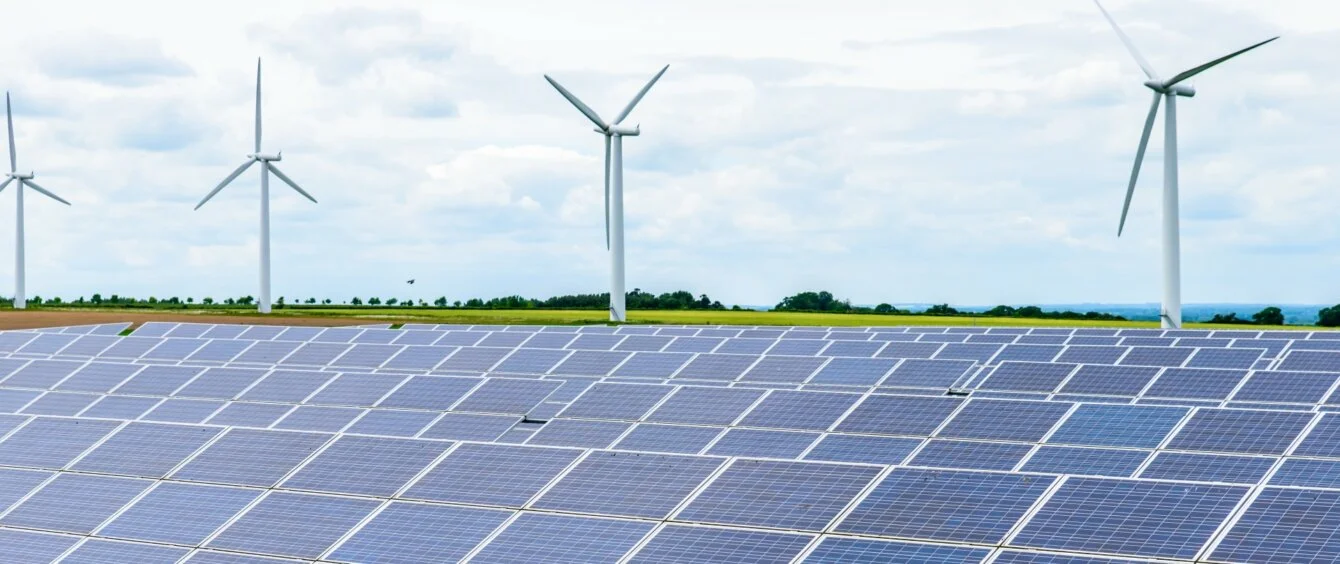The UK government in late March announced its Powering-up Britain package, which includes a number of documents, including an Energy Security Plan and a Net Zero Growth Plan. The publications for the most part consolidate the government’s existing policies and those in the legislative process, such as the current Energy Bill.
However, new elements in the package include the Floating Offshore Wind Manufacturing Investment Scheme. This is designed to facilitate the government’s target of 5 GW of floating wind capacity by 2030. The scheme will provide £160 million in grant funding to encourage investment in the kinds of port infrastructure that floating wind farm construction requires.
In addition, the Department for Energy Security and Net Zero (DESNZ) will adopt proposals recommended by the Skidmore Report for the acceleration of solar power with the aim of delivering on the government’s targets of 70 GW of solar by 2030. The Skidmore Report was an independent review of the UK’s progress towards its net zero carbon target.
For carbon capture utilisation and storage (CCUS), DESNZ confirmed two projects, Acorn in Aberdeenshire and Viking in the Humber region, as currently being favoured for selection as part of Track-2 of its CCUS cluster sequencing process. Two projects have already been selected for Track-1.
RWE entered into a partnership in December with Harbour Energy, the developer of Viking CCS, as it seeks innovative ways to decarbonise its gas-fired power generation in the UK.
New NSPs published
The government has also published updated National Policy Statements (NSPs), which will enter a new consultation period before adoption.
In particular, the government has declared that there is an urgent and critical need for the provision of new nationally-significant offshore wind infrastructure and related network investment. This is expected to speed up permitting of important projects. This will be backed by a new Offshore Wind Environmental Improvement Package. The NSPs have also been revised to recognise a move towards a centralised strategic network planning approach, both on and offshore.
Reactions to Powering-up Britain lukewarm
While the Powering-up Britain package has been broadly welcomed, it is broadly seen as not going far enough. Regarding the £160 million grant funding for ports, RenewableUK Executive Director of Policy, Ana Musat, pointed out that the Floating Offshore Wind Taskforce has identified a need for £4 billion in investment in ports by the end of the decade for the mass deployment of floating wind.
In addition, while the roadmap for solar development was welcomed by industry groups, no such plan was announced for onshore wind. The UK has added less than 1 GW of new onshore wind capacity in the last four years. The National Infrastructure Commission released a report in April “Delivering net zero, climate resilience and growth”, which recommended bringing the planning rules for onshore wind in England back in line with other types of energy infrastructure.
A range of industry groups, renewable energy associations and environmental organisations argued that there needs to be a greater focus on delivery and more support for green technology investment both at the national level and in the supply chains needed to achieve the government’s net zero carbon ambitions on time.
RWE’s UK Country Chair, Tom Glover summed up reactions with the comment “Whilst there were some welcome announcements, the package does not match the pace of ambition that is needed.”
